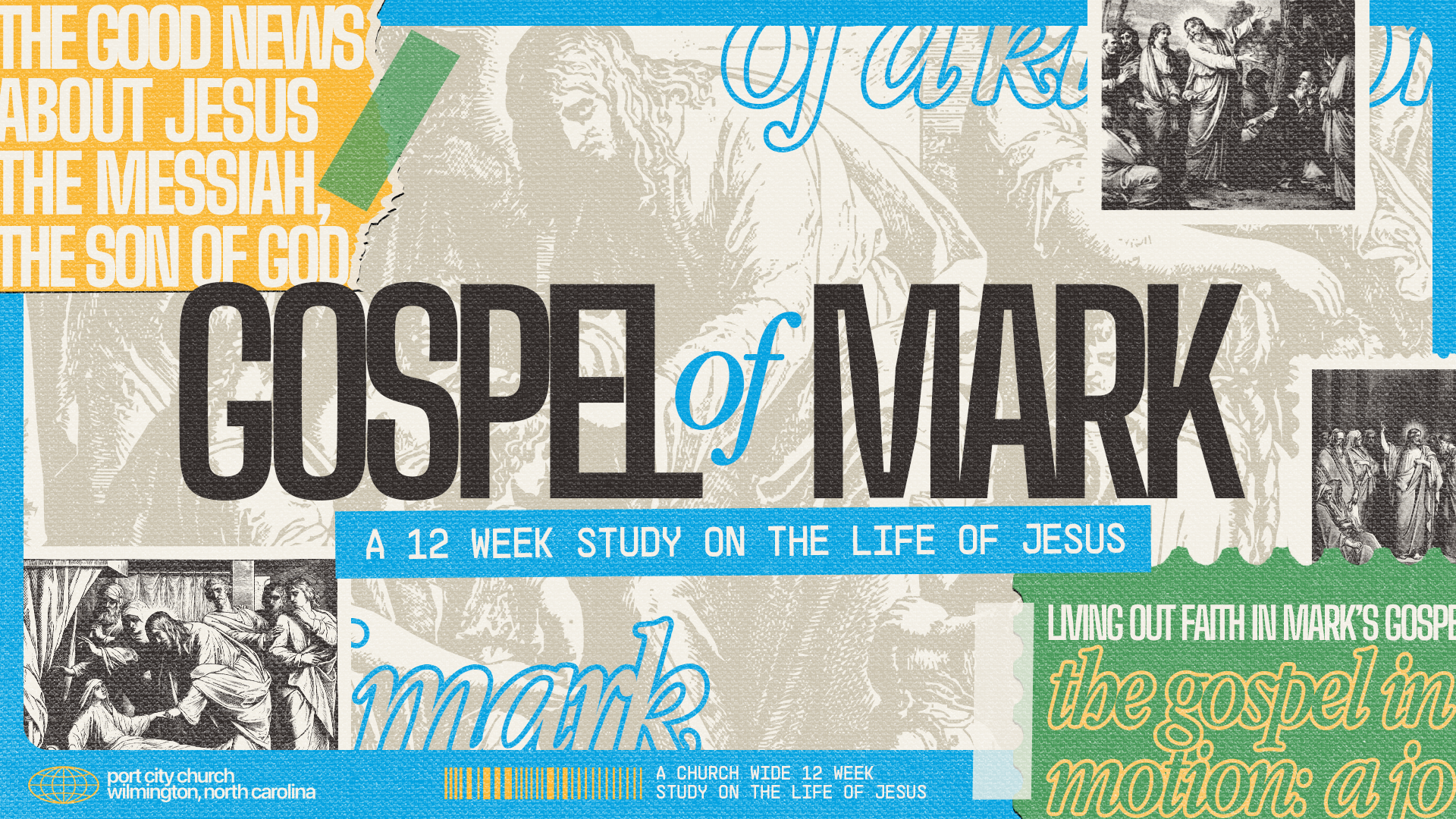Would Not Believe It
READ
After Jesus rose early on the first day of the week, he appeared first to Mary Magdalene. Having been delivered from seven demons, Mary experienced yet another life-changing encounter with Jesus—this time as the risen Lord.
Let’s take a moment to read Mark 16:9-14:
When Jesus rose early on the first day of the week, he appeared first to Mary Magdalene, out of whom he had driven seven demons. She went and told those who had been with him and who were mourning and weeping. When they heard that Jesus was alive and that she had seen him, they did not believe it.
Afterward Jesus appeared in a different form to two of them while they were walking in the country. These returned and reported it to the rest; but they did not believe them either.
Later Jesus appeared to the Eleven as they were eating; he rebuked them for their lack of faith and their stubborn refusal to believe those who had seen him after he had risen.
REFLECT
Mary Magdalene hurried to tell those who had been with Jesus, finding them mourning and weeping. Despite her testimony, they "would not believe it." Later, Jesus appeared to two disciples walking in the country, but when they reported this to the others, they "did not believe them either." Finally, Jesus appeared to the eleven as they were eating, and he rebuked them for their lack of faith and stubborn refusal to believe those who had seen him.
This sequence reveals a profound truth about God's kingdom: Jesus reveals himself first to the least expected witnesses. Mary Magdalene—a woman with a troubled past from whom seven demons had been cast out—becomes the first evangelist of the resurrection. Not Peter, not John, not any of the inner circle, but Mary. Then Jesus appears to two seemingly random disciples on a country road. Only after these unexpected encounters does Jesus finally appear to his eleven closest followers.
This pattern wasn't accidental. Throughout his ministry, Jesus consistently elevated the marginalized and challenged established hierarchies. In choosing Mary as his first witness, Jesus overturned cultural norms that devalued women's testimony. In revealing himself to ordinary disciples before his intimate circle, he demonstrated that spiritual insight isn't the exclusive privilege of leadership. God often works from the margins inward, choosing the unexpected as his first witnesses.
What makes the disciples' unbelief particularly striking is that Jesus had repeatedly told them exactly what would happen. Three times in Mark's Gospel (8:31, 9:31, 10:33-34), Jesus explicitly predicted his death and resurrection. Yet when faced with the fulfilled reality of these predictions, the disciples couldn't—or wouldn't—believe it. Mark describes this as "their unbelief and hardness of heart." Their predetermined conclusions about what was possible created a barrier that even eyewitness testimony couldn't penetrate.
This "hardness of heart" reveals something alarming about human nature: we often refuse to believe God's promises even when they're clearly stated and begin to unfold before our eyes. The disciples' resistance prompts us to examine our own hearts: What has Jesus clearly told us that we're refusing to believe? What promises in Scripture have we dismissed as impossible or unlikely? Where has hardness of heart prevented us from recognizing God's work happening in unexpected ways through unexpected people?
Jesus' rebuke to the eleven wasn't the end of their story but a necessary confrontation with their unbelief. Sometimes we too need loving confrontation when we've allowed skepticism to calcify into hardness of heart. Jesus cared too much about his disciples' mission to leave their unbelief unaddressed. He knew they couldn't effectively proclaim a resurrection they doubted.
The good news is that Jesus didn't disqualify his disciples because of their initial unbelief. Instead, he challenged it, transformed it, and then commissioned them despite their imperfect faith. This offers tremendous hope for all who struggle with doubt. Jesus doesn't demand perfect faith—he creates it through encounter, even when that encounter includes loving rebuke.
RESPOND
Take a moment to process what God might be leading you to do in light of what you read.
What "hardness of heart" might be preventing you from recognizing resurrection power at work in your own life or community?
REST
Take a moment to rest in God’s presence and consider one thing you can take away from your time reading, then close your devotional experience by praying:
Risen Lord, forgive my hardness of heart when I refuse to believe what you have clearly promised. Open my eyes to see you at work through unexpected people and circumstances. Soften the places in me that resist your truth, and help me to believe not just with my mind but with my whole heart. Amen.

